by Peter Jenkins
Speaking on 12 February about the latest North Korean nuclear test, the outgoing US Defense Secretary said (according to the BBC): “We’re going to have to continue with rogue states like Iran and North Korea.” Does Iran deserve to be bracketed with North Korea? Is Iran a rogue state?
Unlike North Korea, Iran has remained a party to the Nuclear Non-Proliferation Treaty (NPT). It has continued to submit to international inspection the nuclear material in its possession. It has never expelled the inspectors of the International Atomic Energy Agency (IAEA). It has never tested a nuclear explosive device. It is assessed to be acquiring a capability to make nuclear weapons, but to be undecided and open to persuasion to refrain from their manufacture.
In a 1994 issue of Foreign Affairs, the US National Security Adviser of the time argued that, to be classified as a rogue, a state had to commit four transgressions: pursue weapons of mass destruction (WMD), support terrorism, severely abuse its own citizens, and stridently criticize the United States.
It is questionable whether Iran is pursuing WMD. Ten years ago, Western officials believed that Iran sought nuclear weapons. Since late 2007, there is growing support for the thesis that Iran is developing, as other Non-Nuclear Weapon States have done, the ability to try for nuclear weapons if it sees advantage in doing so — a different matter, legally and practically.
Evidence for the pursuit of chemical (CW), biological, and toxin weapons, is scant to non-existent. Having been gassed by Western-supplied Iraqi troops in the 1980s, the Iranians developed CW technologies and built production facilities, but they abandoned the program when they decided to adhere to the CW Convention in 1998.
Support for terrorism is another matter. There is ample evidence of Iranian support for groups that the US government regards as “terrorist”. But an old saying — “one man’s terrorist is another’s resistance hero” — is not irrelevant, since the main beneficiaries of Iranian support have been Hezbollah and Hamas (neither of which is considered “terrorist” by the vast majority of UN member states).
Iran’s Islamic government treats political dissidents badly and has the blood of thousands of political opponents on its hands, albeit mainly from the first decade of its existence. Iranians enjoy far greater freedom, and are more empowered, than North Koreans, but being politically active outside the system can cost them dearly.
A Strident critic of the US? Guilty as charged. But ought that to be a criterion of roguishness in the US, a democracy that cherishes freedom of speech?
As it happens, in June 2000 Iran was cleared of the rogue state charge by no less an authority than the then US Secretary of State, Madeleine Albright.
Of course, verbally abusing Iran as a “rogue state” would be of no import if the West had no need of some sort of understanding with Iran about the future scope of its nuclear program.
That is not the case, however. Instead, it has become ever clearer that a nuclear understanding with Iran is in the West’s interest. Western diplomats used to imagine that they could dispense with dialogue and negotiation. Sanctions or the use of force would put a stop to Iran’s development of dual-use technologies and its exploitation of loop-holes in the NPT. Few still harbor that illusion.
Imposing sanctions has failed to bend Iran to the West’s will; at best, it has created a pile of chips that can be exchanged for Iranian concessions in a nuclear negotiation.
And using force no longer looks appealing. The cost/benefit calculation has evolved. The potential reckoning is not quite as grim as in the North Korean case, where the use of force could provoke the obliteration of much of Seoul. But the risk that Iran would retaliate, if attacked, by destroying Saudi desalination plants and oil terminals is a major deterrent, and that is not the only concern.
Verbal abuse could also be ignored if Iran’s leaders had shown themselves indifferent to it. The evidence, however, points in the opposite direction. As recently as 7 February, Iran’s Supreme Leader warned the US against imagining that any form of aggression would conduce to a nuclear settlement.
I have been dipping into a book written by Senator William Fulbright in 1966: The Arrogance of Power. Worried by the worsening situation in South East Asia, and the absence of formal relations with Communist China, the Senator regrets several tendencies: seeing China as the embodiment of an evil and frightening idea; “dehumanising” the Chinese adversary; interpreting information to fit negative preconceptions; and avoiding communication for fear of “giving something away”. He calls on his fellow-countrymen, instead, to treat China with “the magnanimity that befits a great [US] nation”. “Bellicosity is a mark of weakness and self-doubt.” “The true mark of greatness is magnanimity.”
The US is still a great nation. Can it bring itself to treat Iran with magnanimity?
Photo Credit: A. Davey

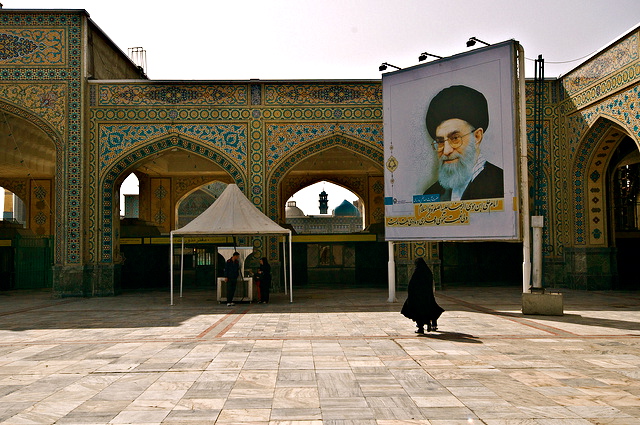
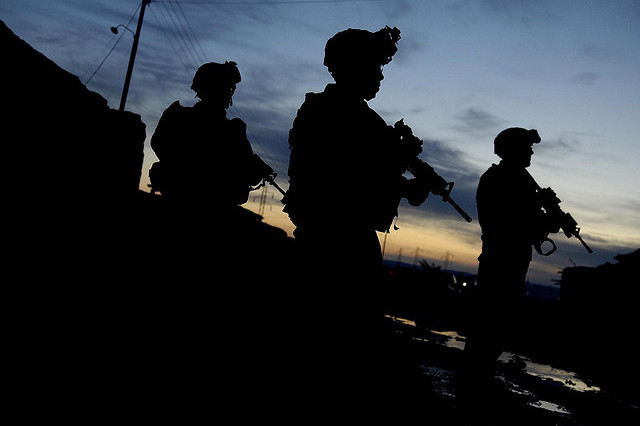
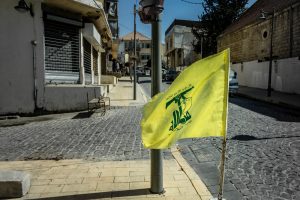
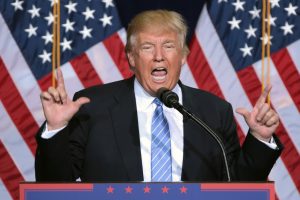
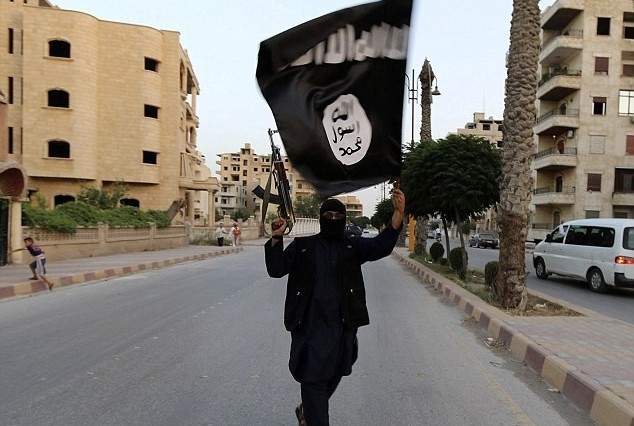
Iran is NOT backwards. My country Iran has been able to grow even though we’ve been under heavy sanctions over 34 years. I suggest you do a bit of research instead of ooening yoyr mouth and writting nonesense.